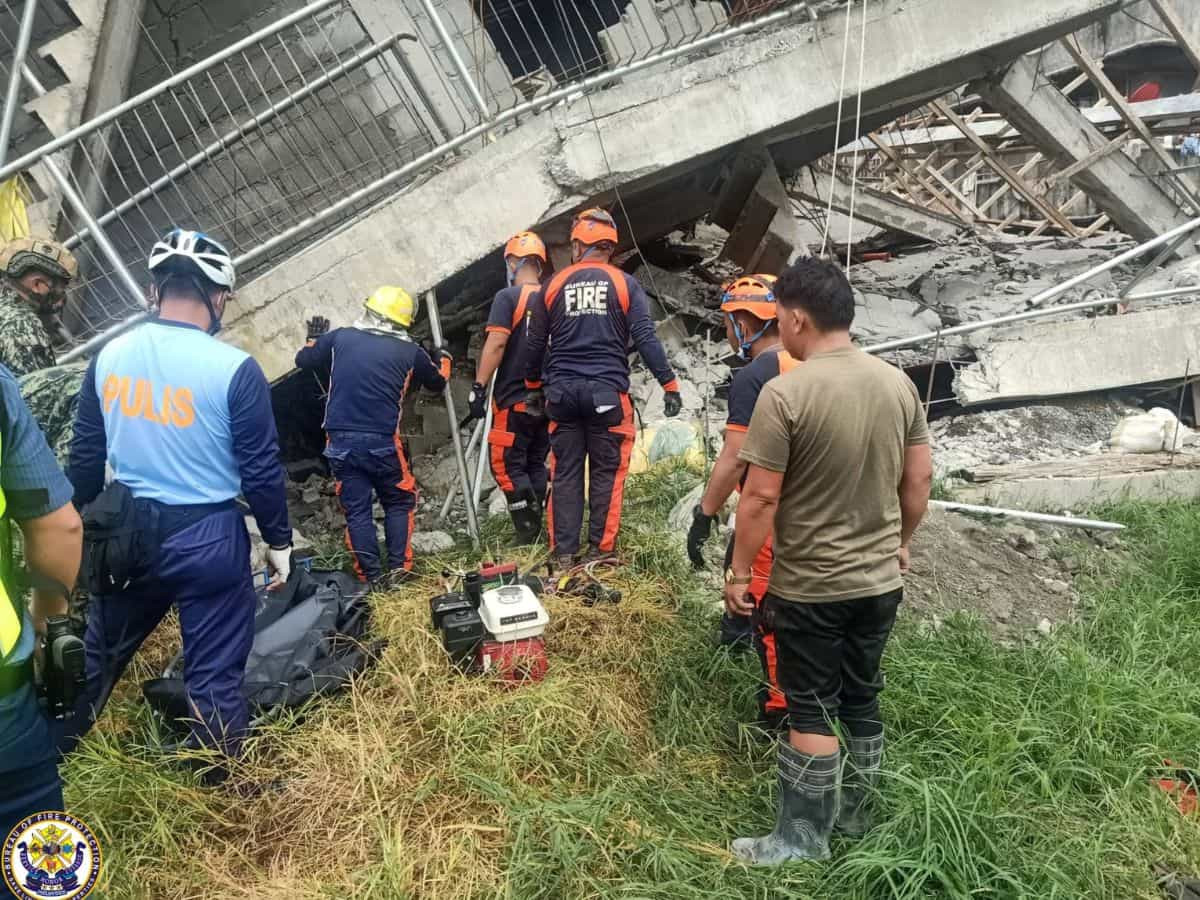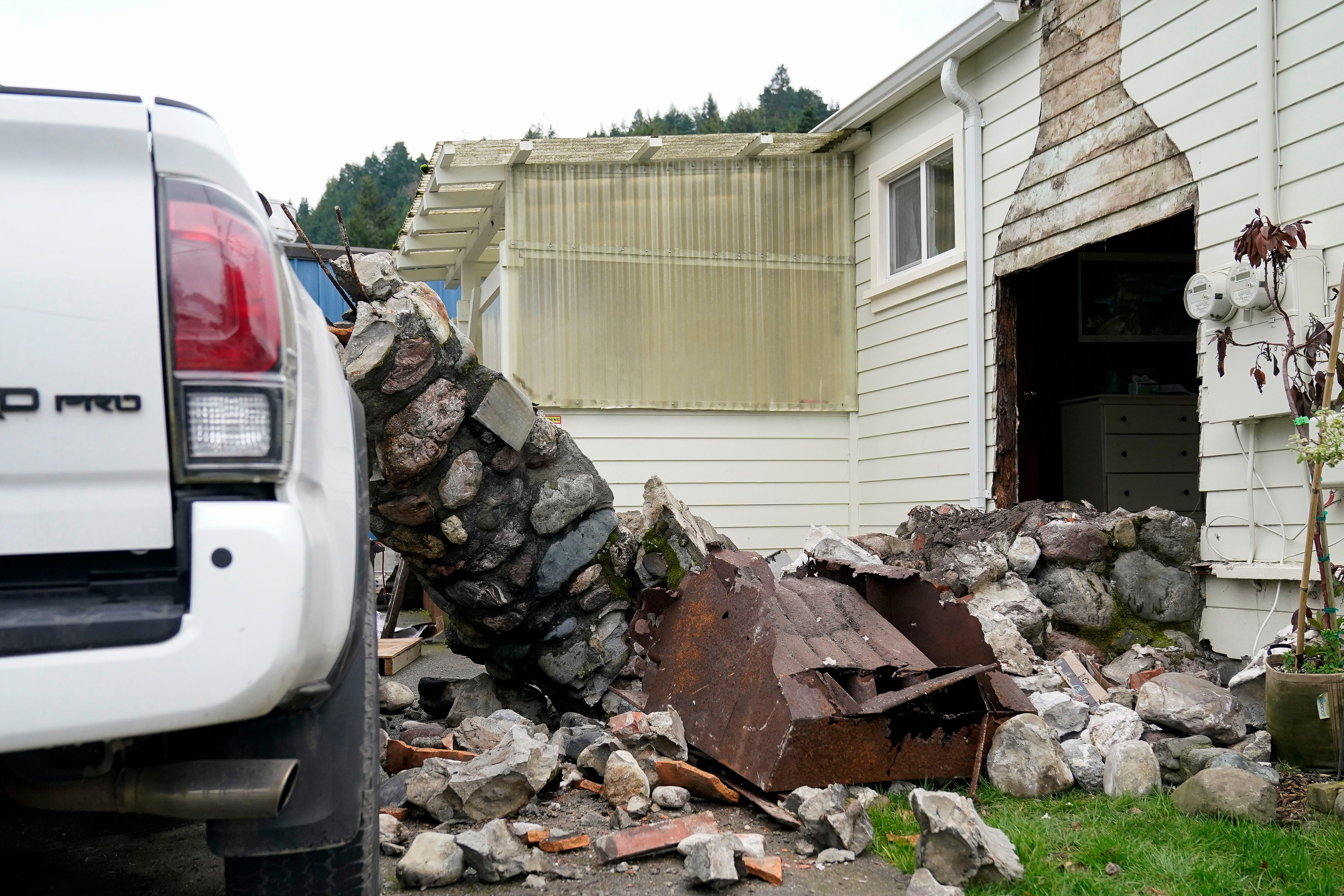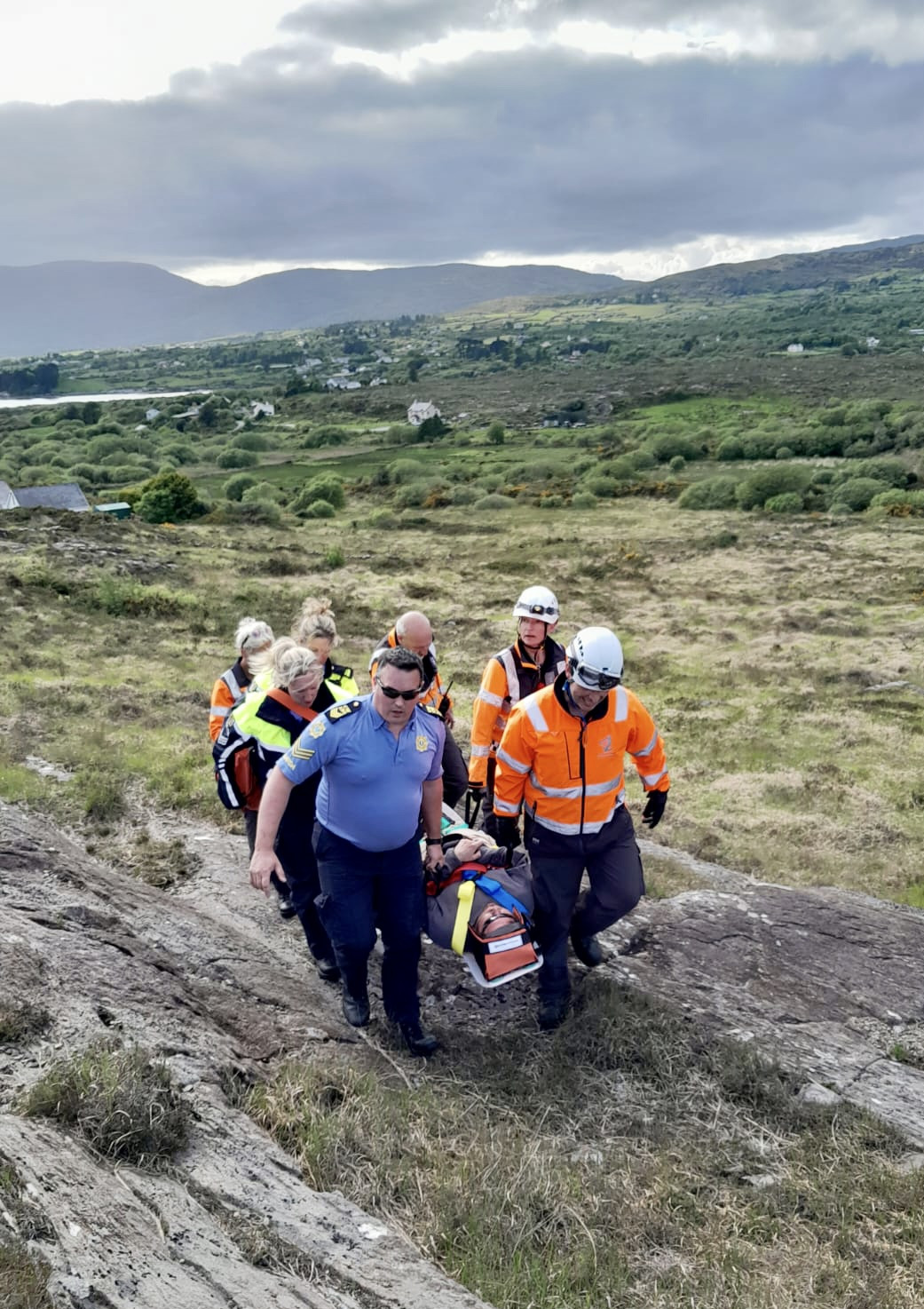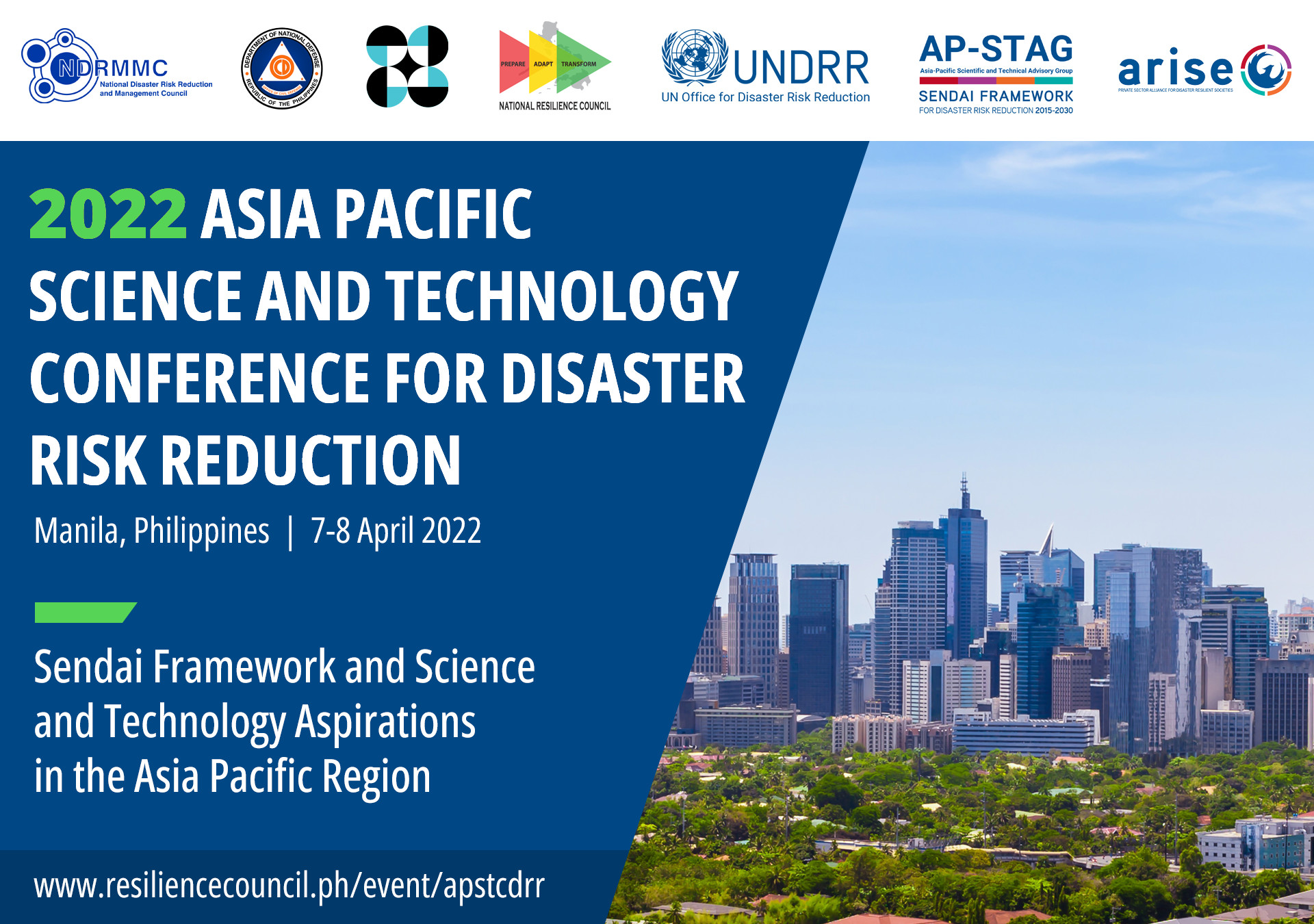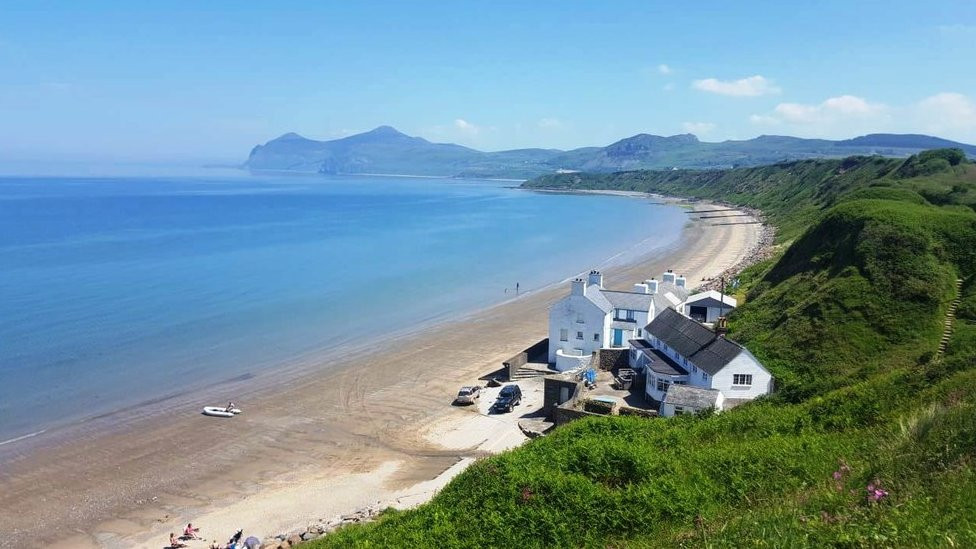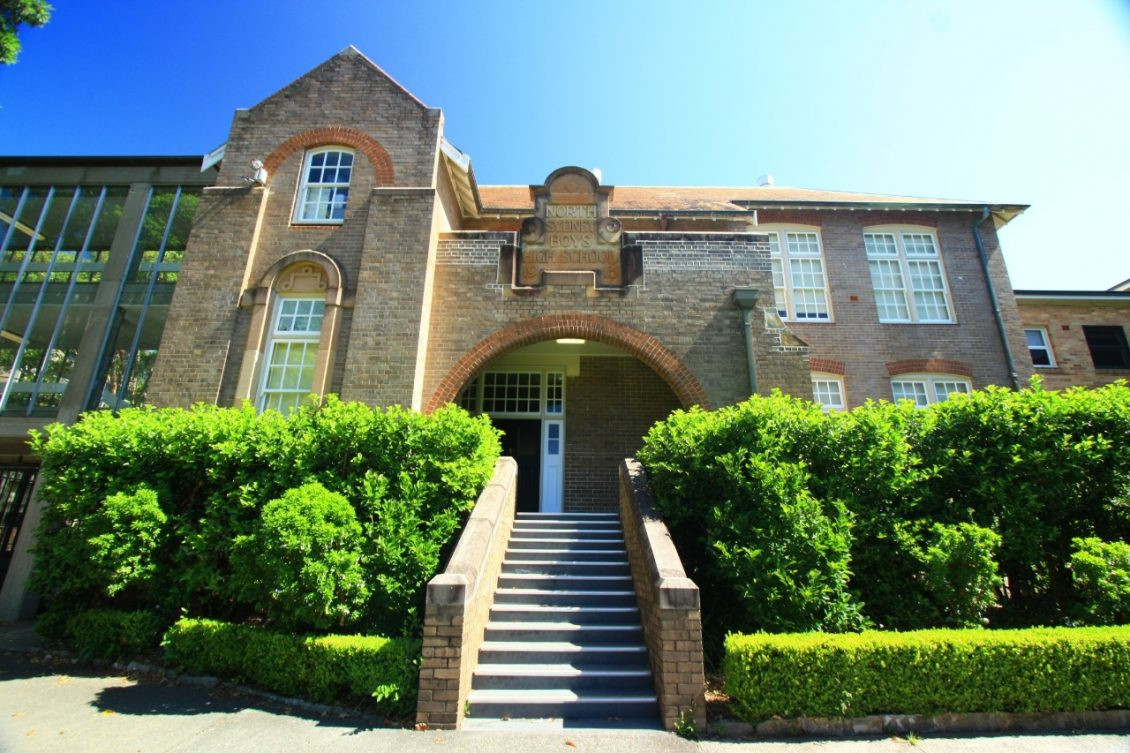An earthquake rattled southern Portugal Monday morning, according to the United States Geological Survey. The earthquake, which registered a magnitude of 5.4, was recorded at 5:11 a.m. local time off the coast of Portugal, about 32 miles west of the town of Sines. Data from the USGS showed that the earthquake was recorded at a depth of almost 11 miles. No injuries were reported, but light to moderate shaking was felt up and down Portugal’s coast, including in the capital city of Lisbon.
Portugal’s Institute of the Sea and Atmosphere reported that at least four aftershocks of minimal intensity had been recorded. The earthquake was felt in parts of Morocco, including in the Casablanca area. The tremors were felt across the region, including in Lisbon and other nearby cities where scores of people said the tremors were strong enough to wake them.
“We are located on the ground floor apartment and the entire building shook above us and the floor below us felt like it was sinking. Our dogs woke up and were freaking out,” Keira McCann told BNO News. “We did not expect to experience this in Portugal.”
Vera Fassbender also described the tremor, saying: “I live in Lisbon and felt it shaking for 3-5 seconds. I am on the 8th floor. It was a light shaking but very noticeable and also a bit scary!”
There were no immediate reports of serious damage or injuries. There is no threat of a tsunami. The earthquake was also felt in parts of Spain, including Seville, where the earthquake was felt as the strongest in 15 years.
Monday’s quake was the strongest to hit along the coast of Portugal since 2009, when a 5.6-magnitude earthquake struck off the southern coast. One of the worst disasters happened in 1755, when a powerful earthquake killed up to 50,000 people, including 10,000 in Morocco. The southern offshore region of Portugal is sandwiched between the Eurasian and Nubian tectonic plates, with active offshore faults in that area credited for most of the earthquakes recorded in the country, according to Lisbon Earthquake Museum.
Active faults also exist inside mainland Portugal, and these can generate quite destructive earthquakes. Some faults inside Portugal have yet to be discovered and studied. Lisbon has been affected by quakes throughout its history, with some of great magnitude and intensity. A quake on November 1, 1755, destroyed much of the city and triggered huge tsunami waves. The 1755 quake is credited as marking the beginning of the study of seismology as it led to earthquakes being studied more scientifically.
Understanding Earthquakes
Earthquakes are a natural phenomenon that occurs when the Earth's tectonic plates shift and collide. The point where the plates move is called the epicenter, and the energy released from this movement sends seismic waves throughout the Earth's crust. These waves can cause the ground to shake violently, leading to damage and destruction. The magnitude of an earthquake is measured on the Richter scale, which is a logarithmic scale. This means that each whole number increase on the Richter scale represents a tenfold increase in the amplitude of the seismic waves. For example, a magnitude 6 earthquake is ten times stronger than a magnitude 5 earthquake.
Earthquake Safety Tips
While earthquakes are a natural phenomenon and cannot be prevented, there are steps that can be taken to prepare for them and minimize the risk of injury or damage. Here are some important tips to remember:
-
Secure heavy objects: Make sure that heavy objects, like bookshelves and mirrors, are securely attached to walls to prevent them from falling during an earthquake.
-
Create a safety plan: This plan should include an evacuation route and a designated meeting place for your family in case of an earthquake.
-
Keep an emergency kit: Your kit should include essential supplies such as food, water, a first aid kit, a flashlight, and a battery-powered radio.
-
Be aware of your surroundings: During an earthquake, try to find a sturdy piece of furniture to hold onto or get under. Avoid windows, which could break and cause injuries.
-
Stay calm: It's important to remain calm during an earthquake. Panic can lead to poor decision-making.
Conclusion: The End of the Earth, or Just a Shake?
The recent earthquake in Portugal is a reminder that our planet is a dynamic place, with forces constantly at work beneath the surface. While earthquakes can be a source of fear, it is important to remember that they are a natural part of the Earth's processes. By understanding earthquakes and taking steps to prepare for them, we can minimize their impact and stay safe.




